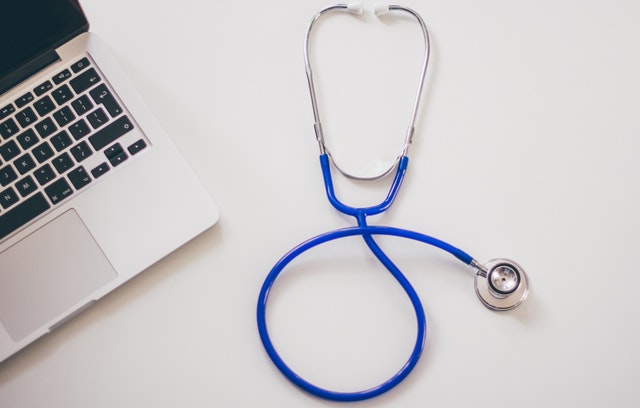Recent studies show that healthcare organizations have the highest costs when it comes to data breaches. Each year, millions of medical records are compromised due to poor network security or even outdated backups and security. While implementing the use of a hipaa compliant cloud backup can be helpful, there are a variety of other safeguards you need to put in place.
If you are unsure about what needs to be done to secure the sensitive information you collect from patients, working with IT professionals is a must. With their help, you can find holes in your existing cyber-security strategy and fix them easily.
Read below to find out more about the most common HIPAA compliance mistakes and what can be done to fix them.
1. Employee Gossip Can Create Big Problems
Having a knowledgeable and experienced team is the cornerstone of any successful healthcare business. It is your job as the owner of a medical organization to educate your employees about the do’s and don’ts of HIPAA compliance.
One of the most common violations healthcare organizations face involves the sharing of sensitive information. If one of your team members gossips and discloses information about a patient to a friend, family member or another employee, you may face stiff fines due to these HIPAA violations.
Waiting until this problem occurs to take action is foolish. Your main goal should be educating employees from day one regarding the dangers of this type of information sharing. By doing this, you can avoid problems caused by backroom gossip.
2. Mishandling Medical Records Should Be Avoided At All Costs
Most medical offices and healthcare organizations use written patient charts. These charts are used to detail the condition a patient has and may feature information about their medical history. If one of your employees leaves these medical charts in a public area, it can lead to big problems.
Any printed medical information you have on a patient should be kept locked away at all times. Not only do these security measures help the patient keep their sensitive information safe, it can also help your medical practice avoid HIPAA violations.
3. Following Encryption Protocol is Important
Modern medical practices generally use a variety of devices to interact with patients. Having tools like tablets or laptops allows you and your team to work faster and more efficiently. However, losing one of these devices can lead to lots of sensitive information being stolen.
Before you put a mobile device or laptop in use, you need to make sure it features proper encryption software. Failing to encrypt each file contained on one of these devices will allow hackers to steal sensitive information that they can then sell on the black market. Consulting with IT professionals is essential when attempting to choose the right encryption software to use on your devices.
4. Be Mindful of What is Being Posted on Social Media
Having a presence on social media is important for any business looking to reach a larger audience. If your medical practice has a page on social media platforms like Facebook or Twitter, you need to be mindful of what is being posted.
Trying to post patient photos is not only a bad idea, it is also considered a HIPAA violation. By making sure all of your employees know what to do and not to do regarding posts on social media can save you a lot of headaches in the future.
Performing routine HIPAA compliance audits is a great way to see where violations are being made. Once you have this information, you can easily fix these issues before any real damage is done.









